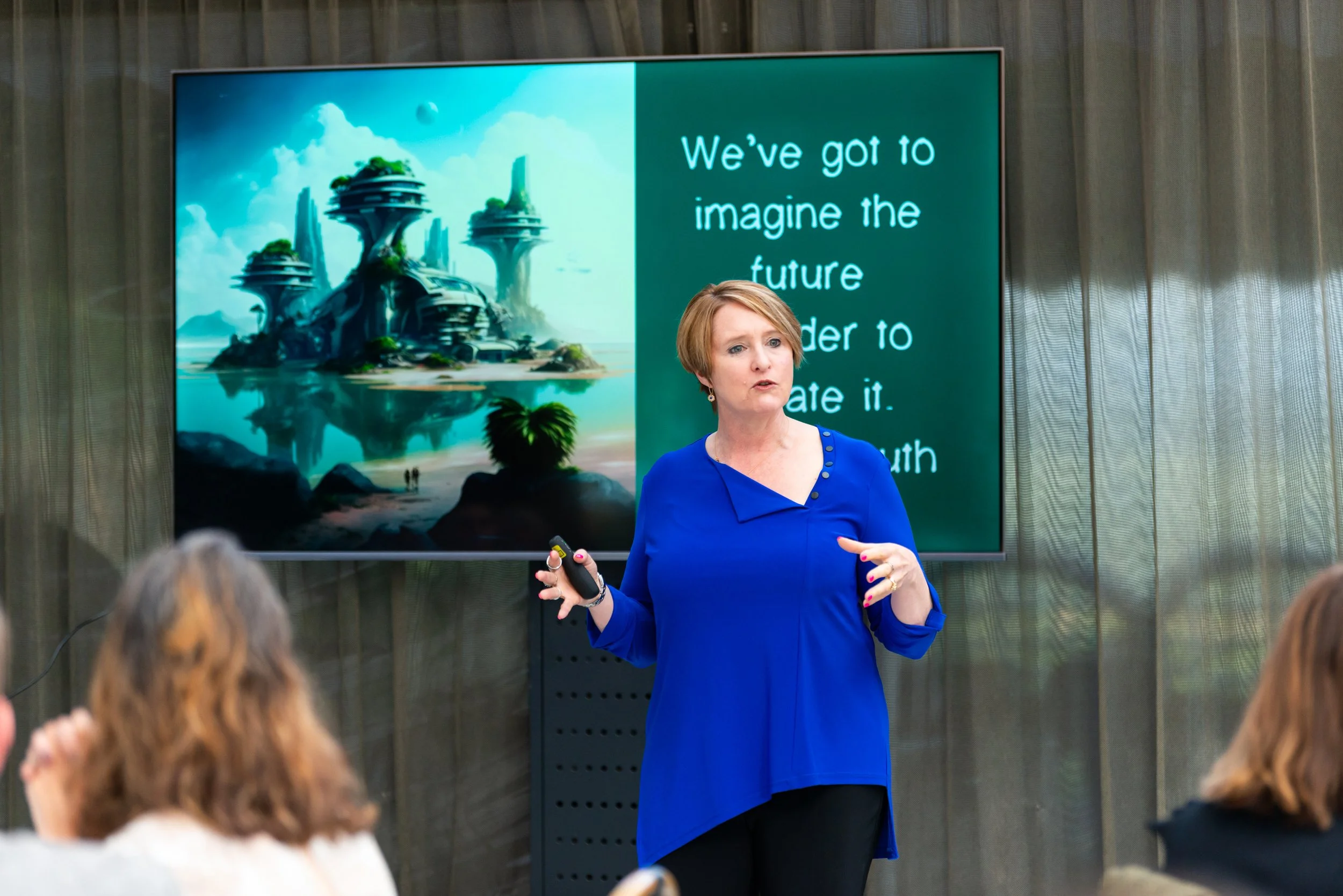Once of the most pressing leadership quandaries right now is what happens when we can't pay the bills anymore. It's not a happy thought. Many avoid facing it. It sucks.
What the Stoics can teach us about leadership under pressure
None of us wants to face the worst. Yet we've all met and known people who've gone through horrendous trauma. My friend Steven Fletcher hit a moose on a remote road in northern Manitoba some twenty odd years ago. He was unconscious and alone for many hours in the bitter Canadian winter. He woke in hospital, paralysed from the neck down. His career as an expert canoeist was over, along with many other hopes and dreams. Steven went on to University, and now serves in the Canadian Parliament. Over the years he’s had long painful moments of grief and despair. And yet he has made a brilliant life.
When we come across people like Steven, folks who have endured pain and loss, a part of us responds with, "I'm so glad that's not me and I never want to have to deal with something like that." We may also marvel at their ability to bear it all.
Part of us also knows - or at least hopes - that if something similar happened to us, somehow, we'd find the resourcefulness to make it through.
Preparing for the worst is a leadership strength
Being fearful of the worst causes us to shrink from life. Why live our lives in hiding? The Stoics had a great approach for possible calamity. They encouraged individuals to reflect on the worst case scenario; to really walk through what it would be like and what you would do if the worst indeed did hit. Tim Ferriss calls this ‘fear setting’, and he does it regularly.
Essentially the strategy is to look at the worst thing that could happen, imagine yourself there and explore what we might do as a result. What would our life be like? What would we have to contend with? And can we make peace with that?
By rehearsing the worst we can release the fear of it. I must admit it doesn't sound like a very fun exercise and yet when I did this for my own business at the beginning of the COVID-19 experience, two things happened.
First it helped me to take stock of the current reality and then secondly to make contingency plans. I seized back my power. I felt a certain sense of freedom. I realised I have no control over the pandemic; I only have control over my actions. I have choices at every point along the way.
What a glorious moment it is when we realize we can drop the hot stone of worry that's burning in our hand and no longer need to carry it with us.
In your journal, consider what fears you are shrinking from. Explore them - imagine yourself living that future with all its hard feelings. Imagine also how you might deal with it, how you might make peace with it. Then put it down, and get on with your day, one dull and extraordinary moment at a time.
***
Related Articles:
What leadership principles do you need in a crisis?
Boundless Leadership: The strength you need
***
About the author, Canberra leadership expert Zoë Routh:
Zoë Routh is one of Australia’s leading experts on people stuff - the stuff that gets in our way of producing results, and the stuff that lights us up. She works with the growers, makers, builders to make people stuff fun and practical.
Zoë is the author of four books: Composure - How centered leaders make the biggest impact, Moments - Leadership when it matters most, Loyalty - Stop unwanted staff turnover, boost engagement, and build lifelong advocates, and People Stuff - Beyond Personalities: An advanced handbook for leadership. People Stuff was awarded Book of the Year 2020 by the Smart WFM Australian Business Book Awards.
Zoë is also the producer of The Zoë Routh Leadership Podcast.

